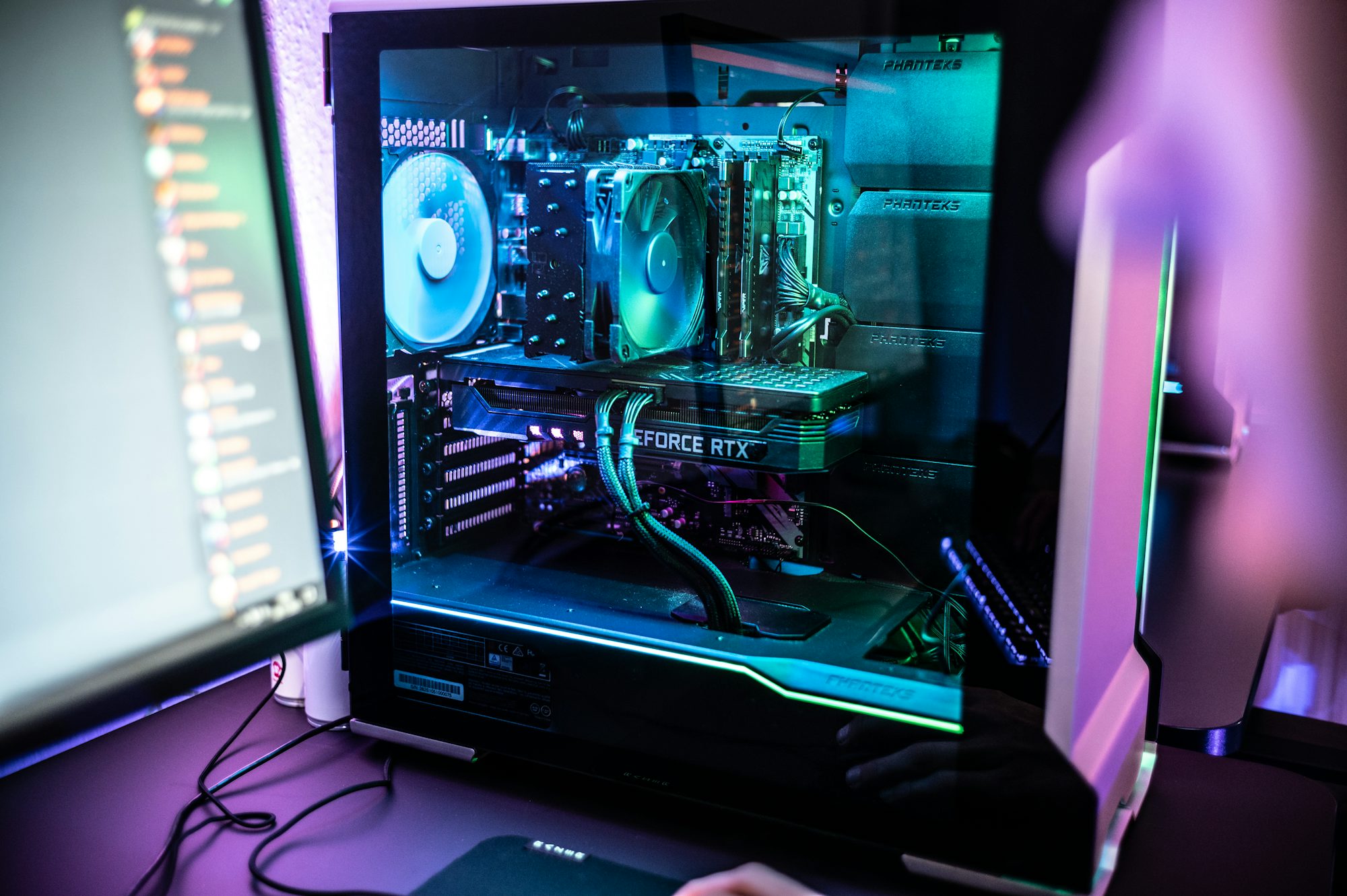Exploring the Future of Gaming: Trends Shaping the Industry
Dive into the latest trends in the gaming industry, from advancements in technology to the evolution of gameplay experiences.
One of the most significant trends is the rise of cloud gaming. Platforms like Google Stadia, NVIDIA GeForce NOW, and Xbox Cloud Gaming are revolutionizing how games are played by allowing users to stream titles directly to their devices without the need for expensive hardware. This accessibility opens up gaming to a broader audience, enabling players to enjoy high-quality games on low-end devices, including smartphones and tablets. The implications for game developers are profound, as they can create more ambitious projects without worrying about hardware limitations. Furthermore, the shift toward cloud gaming encourages subscription models, transforming the traditional purchase system into a more flexible, service-oriented approach.
In tandem with cloud gaming, the demand for cross-platform play is growing. Players want to engage with friends regardless of the device they use, whether it’s a console, PC, or mobile device. Games like Fortnite and Rocket League have successfully implemented cross-play, demonstrating its appeal. As more developers adopt this model, the gaming community becomes more unified, allowing for larger player bases and enriched social interactions. This trend also encourages inclusivity, as players can connect with friends without being tied to specific platforms.
Another trend reshaping the gaming landscape is the integration of virtual reality (VR) and augmented reality (AR) technologies. VR offers an immersive experience that transports players into fantastical worlds, while AR enhances the real world with digital overlays. Games like Beat Saber and Pokémon GO showcase the potential of these technologies, capturing the imagination of millions. As hardware becomes more affordable and accessible, we can expect a surge in VR and AR titles, broadening the scope of gameplay experiences. Developers are increasingly focused on creating engaging content that takes full advantage of these technologies, offering players new ways to interact with games.
Moreover, the rise of artificial intelligence (AI) in gaming is set to redefine how games are developed and played. AI algorithms can enhance non-player character (NPC) behaviors, making them more realistic and responsive to player actions. This creates a more immersive and dynamic gaming experience. Additionally, AI-driven procedural content generation can lead to more expansive game worlds, allowing for endless exploration and replayability. As AI continues to evolve, its integration into gaming will become increasingly sophisticated, ultimately enhancing the quality of games.
The importance of storytelling in games is also growing. Players are looking for narratives that resonate on a deeper level, and developers are responding by crafting complex storylines and rich character development. Games like The Last of Us Part II and Ghost of Tsushima exemplify this trend, blending compelling gameplay with emotionally charged narratives. As storytelling becomes more integral to the gaming experience, developers are exploring innovative ways to engage players through choices that impact the story, creating a sense of agency and investment in the narrative.
Furthermore, the focus on community and social experiences in gaming is becoming increasingly prevalent. Multiplayer games are no longer just about competition; they are also about collaboration and connection. Platforms like Discord and Twitch have emerged as essential tools for gamers to interact, share experiences, and build communities. Game developers are taking notice, integrating social features into their titles to foster collaboration and communication among players. This shift towards a more community-driven approach enhances the overall gaming experience and cultivates long-lasting relationships among players.
The rise of esports is another significant trend reshaping the gaming industry. Competitive gaming has evolved into a multi-billion dollar industry, attracting millions of viewers and players worldwide. Titles like League of Legends and Dota 2 have established themselves as staples in the esports scene, showcasing the skill and dedication of professional players. As more games incorporate competitive elements, the demand for organized tournaments and leagues continues to grow. This trend not only elevates gaming as a legitimate sport but also provides opportunities for aspiring players to turn their passion into careers.
As we look to the future, sustainability in gaming is becoming an essential consideration. Developers and companies are increasingly focused on creating eco-friendly practices, from reducing energy consumption in data centers to using sustainable materials in packaging. The gaming community is becoming more aware of its environmental impact, and players are encouraging companies to adopt responsible practices. As awareness of sustainability grows, we can expect more initiatives aimed at making the gaming industry environmentally friendly.
Lastly, the expansion of indie games is a trend that cannot be overlooked. The rise of digital distribution platforms like Steam and the Epic Games Store has empowered independent developers to bring their creative visions to life. Indie games often push the boundaries of traditional gameplay, offering unique mechanics and artistic styles that resonate with players. This diversity enriches the gaming landscape, providing gamers with fresh experiences and narratives that challenge the status quo. The success of indie titles underscores the importance of innovation and creativity in an industry often dominated by major franchises.
In conclusion, the future of gaming is bright, driven by technological advancements, a focus on community, and an ever-evolving understanding of player preferences. As trends like cloud gaming, cross-platform play, VR/AR integration, and AI continue to shape the industry, both developers and players will benefit from the innovations on the horizon. By embracing these trends, the gaming industry can create a more inclusive, engaging, and sustainable future, ensuring that gaming remains a beloved pastime for generations to come.